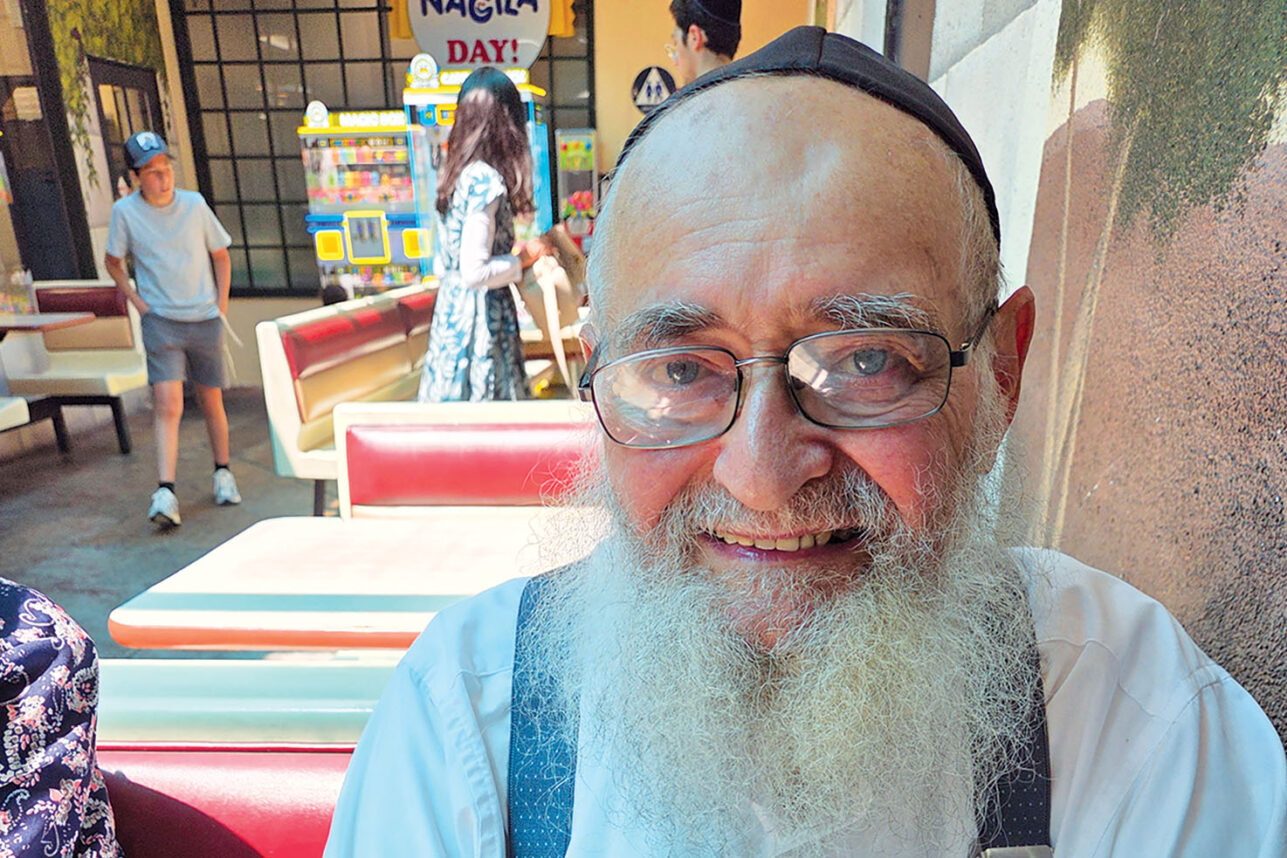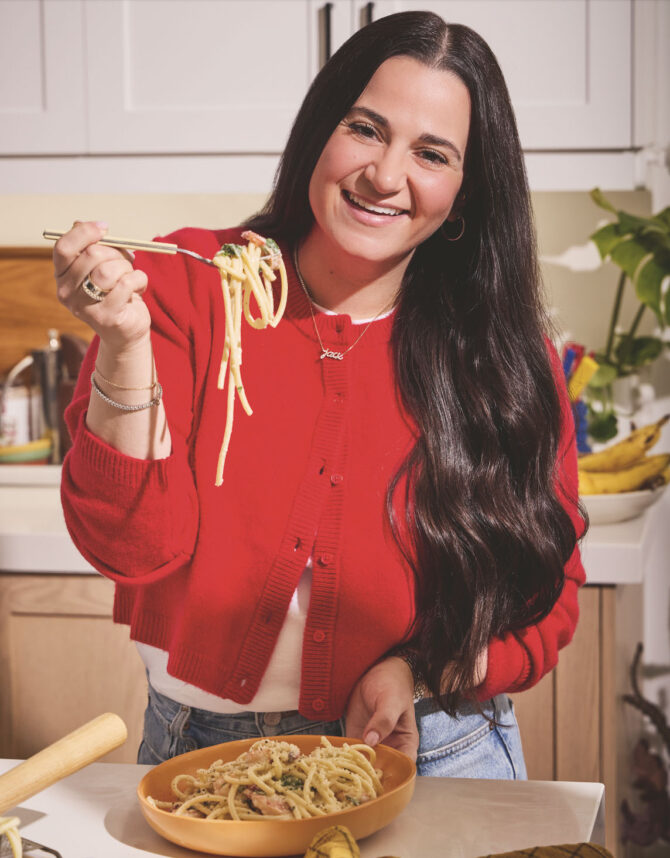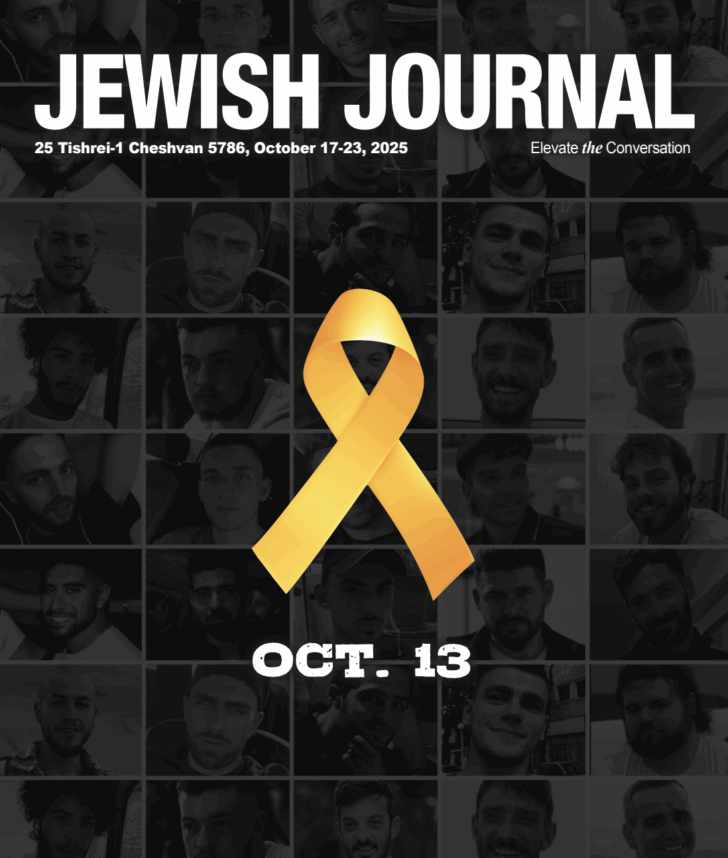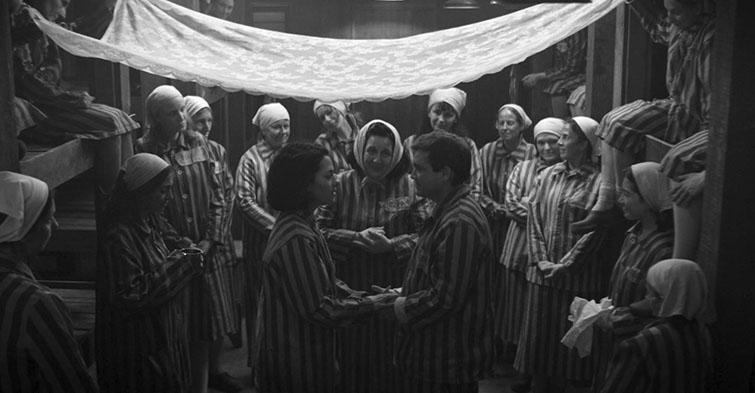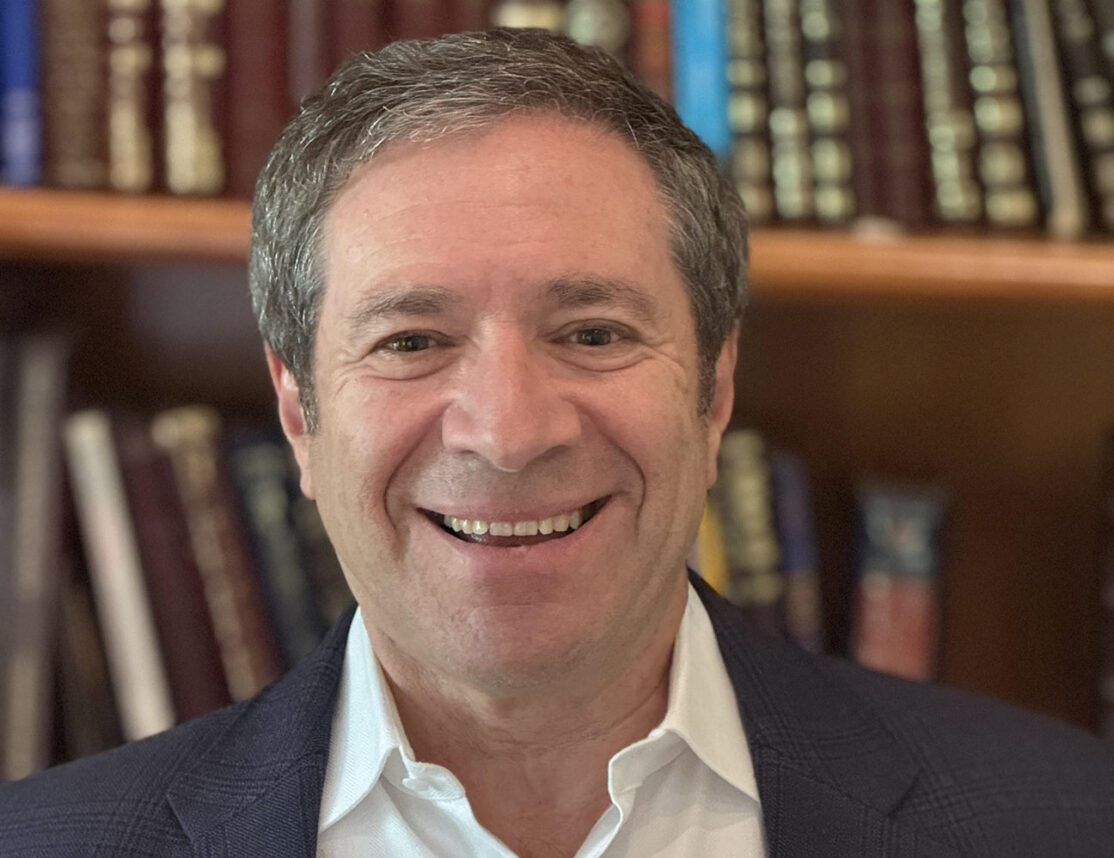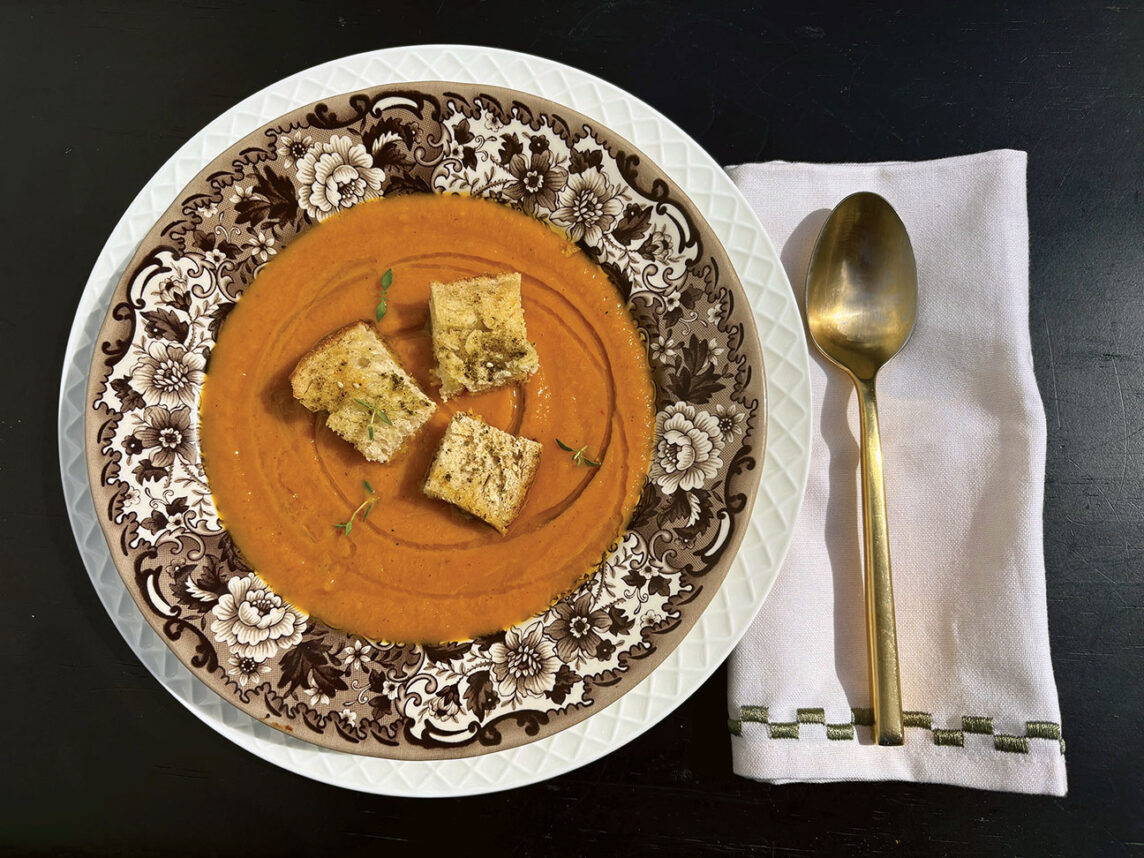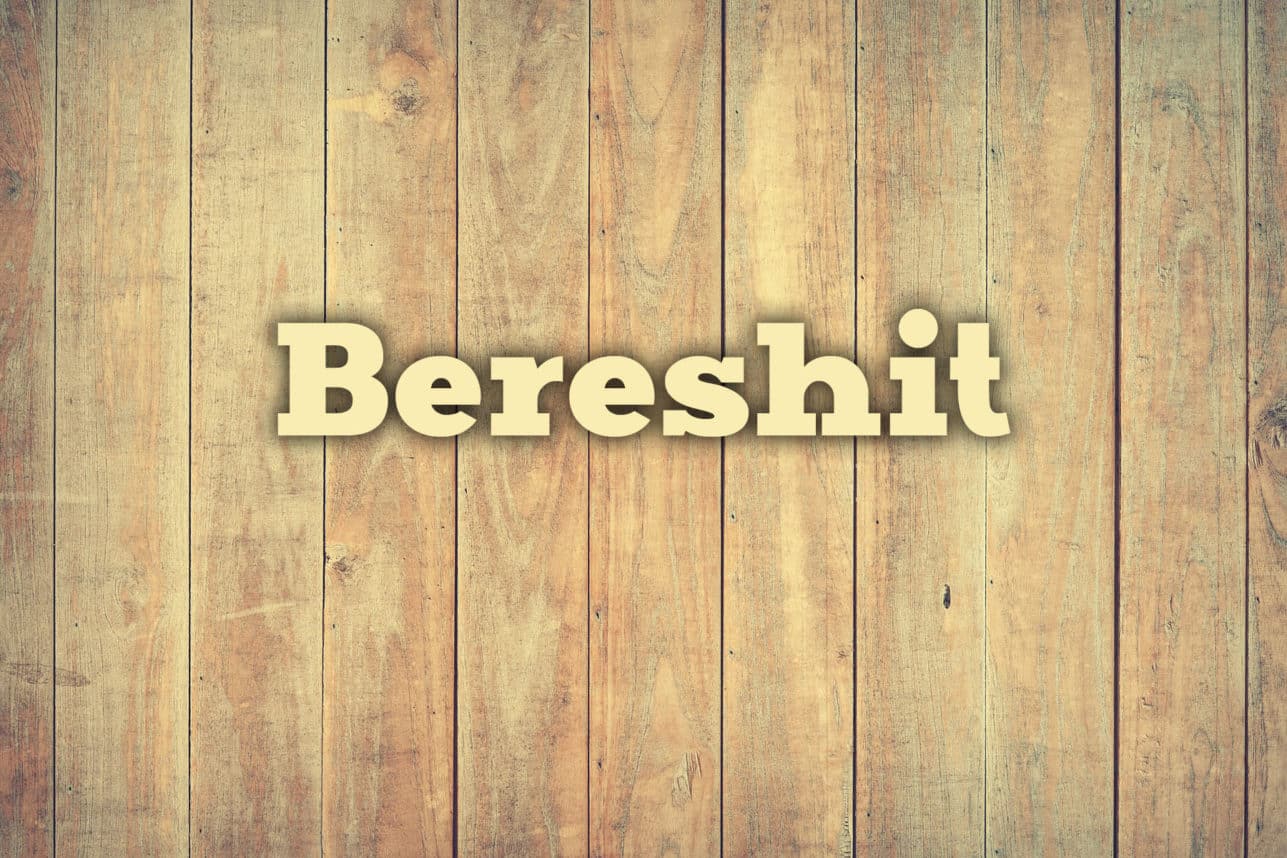If I wanted to start a minyan, I think the last thing I’d call it would be a “happy minyan.” Seriously, how can you live up to that ideal every week? How can you not get exhausted by the constant pressure to deliver “happy”?
And yet, every time I’ve popped into the Happy Minyan, I’ve rarely seen an unhappy face. They take their davening seriously, yes, but mostly, they take it joyfully.
Go early on any Shabbat to their home inside the Karate Academy on Pico and check out their rhythm. Over several hours, you’ll be continuously interrupted by spontaneous eruptions of joy: intense chanting of Carlebach melodies, often accompanied by some form of un-choreographed dancing.
So how do they do it? How do you explain that after 14 years, the Happy Minyan hasn’t burnt out — in fact, that they’re as hot and as happy as ever?
It’s with this question in mind that I attended their first annual gala last week, dubbed “Evening Under the Stars.”
The mere notion that the Happy Minyan would have a fundraiser is, well, weird. Since their inception, their fundraising has followed a pattern similar to their davening: spontaneous eruptions of asking.
Can’t pay the rent this month? Let’s get up and sing and dance and say a few words of Torah and then will somebody please stand up and ask for a few bucks?
A few months ago, though, they started uttering words no one thought they’d ever hear at the Happy Minyan — words like “Event Co-Chairs” and “Dinner Committee.” Obviously, someone had decided it was time to grow up and raise money the old fashioned way: normally.
But rest assured, they haven’t gone all mainstream on us, as I can attest from their Evening Under the Stars. For one thing, I’ve been to a thousand fundraisers, but I’ve never felt like I was in the middle of a forest (the venue was the Gilmore Adobe, right next to Farmers Market).
The first person I met was comedian Avi Lieberman, who was asked to emcee the event a full day before the big night.
There were more than 200 guests at the event (among them many fans from B’nai David-Judea), and it seemed as if every guest got up at some point to speak or perform.
The organizers began by expressing their gratitude to the people who sheltered them in the early years: Rabbi Abner Weiss, who was chief rabbi of Beth Jacob Congregation when he offered them a home, in 1995, and Rabbi Gabriel Elias of Congregation Mogen David, who did the same thing several years later.
Other than that, nothing about the evening felt too normal. To give you an idea: Normally, the entertainment slows down when the dinner’s main course is served. Not here. Troubadour Peter Himmelman got up on stage while we were all chomping on chicken and barbequed brisket, and asked if we could “please continue chewing, preferably in tune with the music.”
Himmelman brought down the house with a furious jam session infused with existential and hysterical ramblings.
Meanwhile, their star chazzan, Yehuda Solomon, of the band Moshav, rocked the place with his own numbers and backed up other musicians like Sam Glaser, Shmuel Levy and Jewish rapper Etan G, who revealed a rap song he had written years ago for the Happy Minyan.
Although the women didn’t play music, it was clear that they play an inspirational and leadership role at the Happy Minyan, and throughout the evening, many of them got up to speak.
Two of the original founders — Jeff Rohatiner and Jonathan Boyer — also got up; Rohatiner to sing a niggun and Boyer to tell a few stories and introduce fellow co-founder and Torah teacher David Sacks.
Sacks, an Emmy-winning writer and producer, has this inimitable way of speaking that blends wide-eyed innocence, deep love of Torah and sardonic humor. The essence of the Happy Minyan, he said, was “to dare to suggest that being joyful is normal.”
I saw plenty of that joy, but as the evening wound down I still didn’t have a clear answer to my question: How do you keep such intensity going for 14 years?
The answer, for me, came from the honorees of the evening, Stuie and Enny Wax. It hit me when I heard this number: six years.
You see, as a film about the honorees explained, for six years before the Happy Minyan ever started, Stuie Wax would host a crowd of Shabbat revelers every Friday night in his Pico-Robertson apartment.
In other words, for six years before they even thought of creating a Happy Minyan, they practiced being a happy minyan.
Then, on the seventh year, when Stuie married his soul mate, Enny, they arranged a little Shabbat minyan with friends to celebrate their union.
And guess what? It turns out the new bride really loved this little minyan, and with her blessings and support, the minyan just kept going and going and hasn’t looked back since.
So maybe that’s the holy formula behind the longevity of the Happy Minyan: practice happy for six years, and marry happy on the seventh.
Who would ever want to give that up?
David Suissa is Publisher & Editor-in-Chief of Tribe Media/Jewish Journal, where he has been writing a weekly column on the Jewish world since 2006. In 2015, he was awarded first prize for “Editorial Excellence” by the American Jewish Press Association. Prior to Tribe Media, David was founder and CEO of Suissa Miller Advertising, a marketing firm named “Agency of the Year” by USA Today. He sold his company in 2006 to devote himself full time to his first passion: Israel and the Jewish world. David was born in Casablanca, Morocco, grew up in Montreal, and now lives in Los Angeles with his five children.















